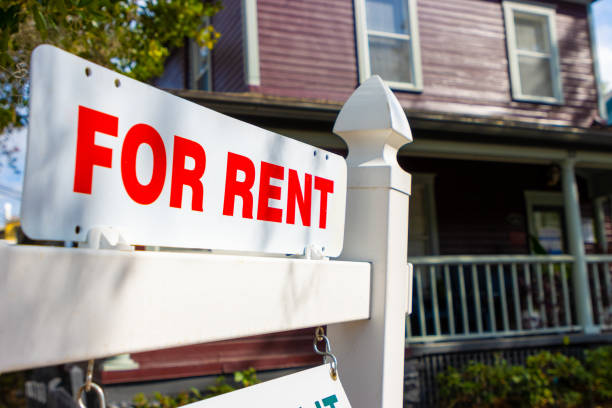Understanding Mortgage Interest Deductions on Rental Properties
Renters of rental properties can utilize mortgage interest deductions to lower taxable income and improve cash flow. However, recent tax law changes have altered the amount of deductions, depending on loan size, repayment status, and overall financial circumstances. Staying updated allows property owners to maximize deductions and optimize investment strategies. As mortgage interest deductions have…
Read MoreEffective Budgeting for Successful Seasonal and Short-Term Rentals
To effectively manage short-term and seasonal rental properties, owners should adopt sustainable strategies, plan for both high and low seasons, optimize revenue streams, control operational costs, and anticipate unexpected expenses. Dynamic pricing, adjusting rates based on local events, seasonal trends, and market demand, can optimize earnings during peak seasons and offer affordable rates during slower…
Read MorePreventing Costly Financial Errors in Condo and HOA Management
Financial oversight is crucial for homeowners associations and condominium communities, as accounting mistakes can lead to budget deficits, litigation, and diminished resident trust. Proper record-keeping and transparency are essential for avoiding costly miscalculations. Accurate financial management is essential for maintenance, insurance, and long-term improvement initiatives. Clear policies, expense tracking, and regular review of reports are…
Read MoreUsing Mirrors and Innovative Design to Make the Most of Space in Rental Properties
To enhance tenant experience and attract tenants, consider using mirrors and other strategic design elements to create the illusion of spaciousness in rental properties. Mirrors reflect light, making dark areas appear larger, especially in small apartments with limited natural lighting. Floor-to-ceiling or closet door mirrors can add depth and make even the smallest rooms seem…
Read MoreInstitutional Investment in Rental Housing and Rising Interest Rates
Rising mortgage interest rates have led to institutional investors expanding their presence in the rental housing market, recognizing opportunities in the market. This shift has made homeownership less affordable, increasing demand for rental properties. Investors are buying single-family and multi-family rental properties, impacting tenants, landlords, and the overall housing market. Borrowing becomes more expensive, reducing…
Read MoreLandlord Strategies for Managing Tenant Negotiations in a High-Interest Market
In a high-interest economy, landlords must strategically negotiate rent terms, lease lengths, and renewal conditions to maintain occupancy rates and protect investments. Understanding these dynamics is crucial for maintaining occupancy rates and securing long-term lease relationships, as rising borrowing costs, inflationary expenses, and changing tenant expectations are all factors to consider. Renters in high-rate environments…
Read MoreTechniques for Maintaining Rental Property Profitability in the Face of Increasing Loan Expenses
As borrowing costs rise, landlords must implement strategies to remain profitable and maintain long-term returns and cash flow. Mortgage expenses are impacted by higher interest rates, reducing margins. To combat financial pressures, property owners should improve operational efficiencies, adjust rental prices, and explore financing options. This proactive approach ensures long-term returns and cash flow by…
Read MoreEnhancing Tenant Credit: How Rent Disclosure Speeds up Economic Development
Rent payments, a significant financial responsibility for tenants, were not recognized by major credit bureaus until Rent Reporting Services emerged. These services allow tenants to improve their credit ratings by paying rent on time, a method that builds credit without incurring more debt from loans or credit cards. Rent Reporting also helps landlords achieve financial…
Read MoreIs Mandatory Implementation of Rent Reporting an Inevitable Future Development?
Rent reporting is becoming a crucial tool for tenants to build credit and stability, as rent payments were previously not considered in credit scores. Discussions about making it mandatory have intensified, with some landlords reporting voluntarily while others remain cautious due to administrative concerns. This shift is driven by increasing demands for financial inclusivity in…
Read MoreThe Drawbacks of Paying Rent with Personal Checks: Dangers and Options for Landlords
Rent payments often involve personal checks, which can be convenient but have long processing times, bounced checks, and manual deposits. This method can increase administrative costs, and financial risks, and disrupt cash flow in modern property management. Alternative payment solutions can improve financial security and streamline the rent collection process. Personal checks have several drawbacks,…
Read More









